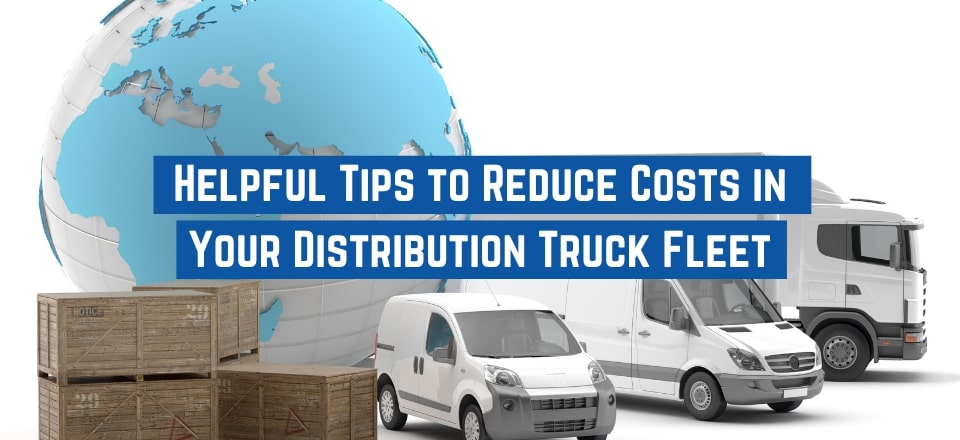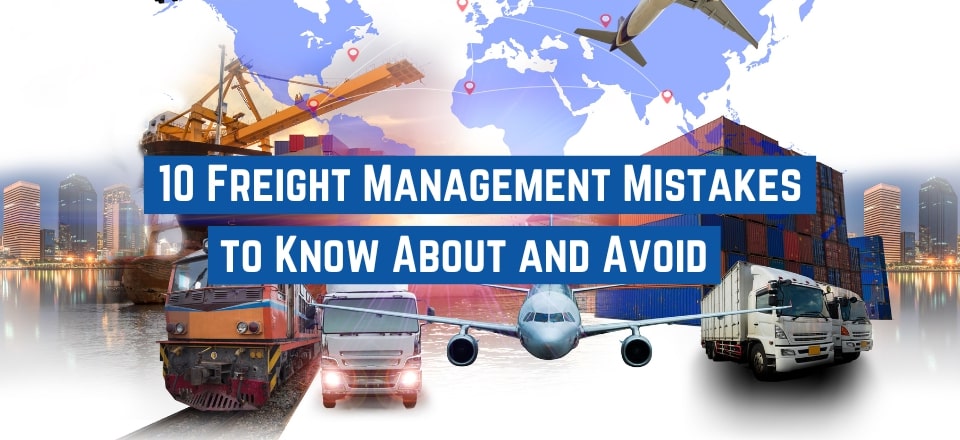Self-Driving Trucks to Start Hauling Freight
Otto founder Lior Ron told Reuters that they intend to start hauling freight with self-driving trucks in 2017. While self-driving, the trucks will still have an engineer on board and a driver to steer the truck onto the high ways and off at the exits. The U.S. is not the only country where self-driving trucks are being tested. The Netherlands is a testing ground for self-driving vehicles and trucks in particular.
With its recent acquisition of self-driving truck startup Otto, Uber Technologies Inc. is plotting its entry into the long-haul trucking business, aiming to establish itself as a freight hauler and a technology partner for the industry.
Otto plans to expand its fleet of trucks from six to about 15 and is forging partnerships with independent truckers, Otto co-founder Lior Ron told Reuters in an interview. Starting next year, Otto-branded trucks and others equipped with Otto technology will begin hauling freight bound for warehouses and stores, he said.
Will Amazon Become a Pick, Pack, Ship AND Delivery Company??
Amazon has already taken on almost every webshop and retailer. To get a better grip on costs, they have been investing more in their own logistics fleet. Now a report has surfaced that they intend to take on the big parcel companies as well.
Internally, some Amazon execs call the plan "Consume the City."
Here are other new details around Amazon's logistics plan, according to the report:
- Amazon recently hired former Uber VP Tim Collins as VP of global logistics.
- It recruited dozens of UPS and FedEx executives and hundreds of UPS employees in recent years.
- Test trials for last-mile deliveries are running in big cities like Los Angeles, Chicago, and Miami.
- The company also experimented with a program called "I Have Space" to store Amazon's inventory in warehouses owned by other companies.
Half Full, Half Empty, or Fully Empty!??
Craft brewers are experiencing supply chain issues. Demand for some of the hops is much larger than supply. I am an avid beer fan myself, and I love tasting different beers every weekend. There are so many different beers that I don't think these supply chain issues will hit me personally. Still, planning is critical, especially when it takes time to grow the crops. There is also a risk in committing to a craft brewery's demands, as opposed to a large industrial brewer.
In addition to the 10 high-demand hops, farmers have to balance demand for more than 40 other varieties that are less popular but equally as important to some beer recipes.
Production is complicated by the time it takes to grow hops. The plants produce about 50% to 75% of their potential yield in the first year on average and don't mature fully until their second or third year. Meanwhile, new breweries open daily. Those startups often are uncertain about growth plans, making it risky for farmers to commit to long-term contracts with them.
Social Media is important for Branding, Marketing, Communications, Networking, Market Research, Demand Sensing, etc…
Whether it is some or all of the areas above, Social Media and Online Communication are essential (supply chain and logistics) companies. RFGen have written an article on several ways you can use social media.
According to We Are Social's Digital 2016 report, of the 3.419 billion internet users, 2.307 billion are active on social media, and the number of people using these services only continues to grow.
While making social media profiles is great for creating a brand image, doing so can also benefit supply chain management. It can improve the efficiency of processes, aid in understanding customers and promote collaboration, among other advantages.
The Robots are Coming! Or are They??
And finally, I came across some interesting reading material on machines or robots and if and how they will replace human workers. According to McKinsey, automation will affect almost all jobs. Looking at Transportation and Warehousing, McKinsey indicates that automation's technical feasibility is the highest with data collection and processing and predicted physical work.
While automation will eliminate very few occupations entirely in the next decade, it will affect portions of almost all jobs to a greater or lesser degree, depending on the type of work they entail. Automation, now going beyond routine manufacturing activities, has the potential, as least with regard to its technical feasibility, to transform sectors such as healthcare and finance, which involve a substantial share of knowledge work.


